
What would actually happen if Earth lost oxygen as NASA reveals we're already 'running out'

Oxygen is undeniably the most crucial element for human survival, but it is also an essential part of numerous systems and processes that sustain life on Earth. Even a minor depletion of oxygen could have profound and far-reaching consequences.
Human beings cannot survive without oxygen, so the recent statement by NASA that Earth is "running out of oxygen" has sparked significant concern about a future that could jeopardize the very existence of life as we know it.
Although NASA's prediction may seem somewhat extreme, with scientists estimating that the "great deoxygenation" could take place within the next 10,000 years, it has prompted many to reflect on how even a slight reduction in oxygen levels might affect the world.
Fortunately, a comprehensive simulation created by the YouTube channel What If illustrates how humans and the planet would cope if Earth's oxygen levels gradually decreased by 1% every second. The results are far from reassuring.
What would happen if Earth lost its oxygen?
The What If simulation provides a detailed picture of the gradual loss of oxygen over time, rather than a sudden depletion of all oxygen on Earth. This allows us to observe exactly how our bodies would react to varying levels of oxygen availability before eventually facing the complete absence of oxygen by the end of the simulation.
At the onset of a 10% reduction in oxygen, you would begin to feel more fatigued, similar to the sensation of being at high altitudes where oxygen is naturally scarce. However, the effects would still be manageable.
Things take a turn for the worse as oxygen levels drop by 30%. Physical activities become significantly more taxing, and you would find yourself struggling to breathe, experiencing gasping and hyperventilation. People with existing heart and lung conditions would face a heightened risk of death due to the increased strain on their bodies as they attempt to access more oxygen. Even animals would suffer, with birds beginning to fall from the sky.
At this point, electrical systems would start to fail, plunging essential services such as transportation, healthcare, and finance into disarray — similar to the devastating effects of a solar storm.
You wouldn't be able to drive conventional gasoline-powered cars or fly on planes, as both rely on oxygen to operate. Combustion engines depend on oxygen for fuel combustion, and planes require it to maintain fuel efficiency at high altitudes.
As oxygen levels continue to plummet, your body and brain would struggle to function. With the oxygen supply unable to meet your needs, you would eventually collapse, unable to sustain basic bodily functions.
If oxygen levels dropped by 50%, your brain would become increasingly deprived of the oxygen it needs, leading to confusion, impaired decision-making, and severe health risks.
Environmentally, the ozone layer, which is primarily composed of oxygen, would deteriorate, allowing harmful ultraviolet rays from the Sun to penetrate the Earth's surface. Though this is a significant concern, it would pale in comparison to the other devastating effects taking place.
Once oxygen levels drop to the point where 99% of the planet's oxygen has been depleted, life as we know it would cease to exist. Humans, animals, and even the planet itself would be rendered lifeless.
Since the human body is composed of 65% oxygen, its absence would cause our bodies to disintegrate into a "pulpy mess," while buildings would crumble without the structural integrity provided by oxygen in materials like concrete.
Even if oxygen were somehow restored, the damage would be irreversible at this stage. It could take billions of years, if ever, for life to regenerate on Earth.
Though NASA’s prediction of widespread deoxygenation is far off in the future, even minor drops in oxygen levels would have noticeable effects on our planet. If this process were to accelerate, the consequences for Earth would be dire, and we would be facing a serious crisis.
News in the same category


Dreaming of a deceased person: here's what it means

The Common Bra Mistake
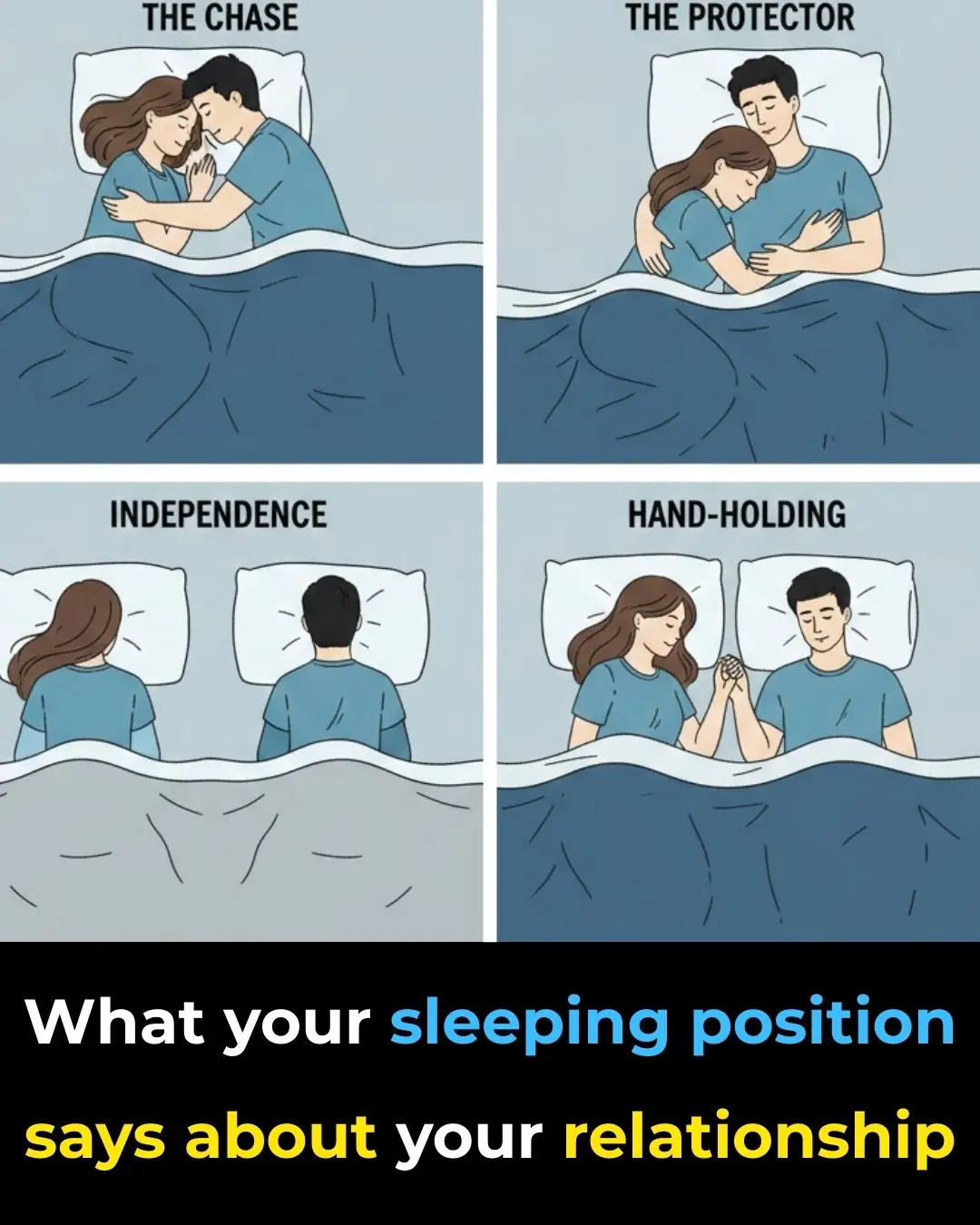
What Your Sleeping Position as a Couple Might Reveal

Envy Rarely Looks Like Hate

Why Slugs Keep Showing Up in Your Home
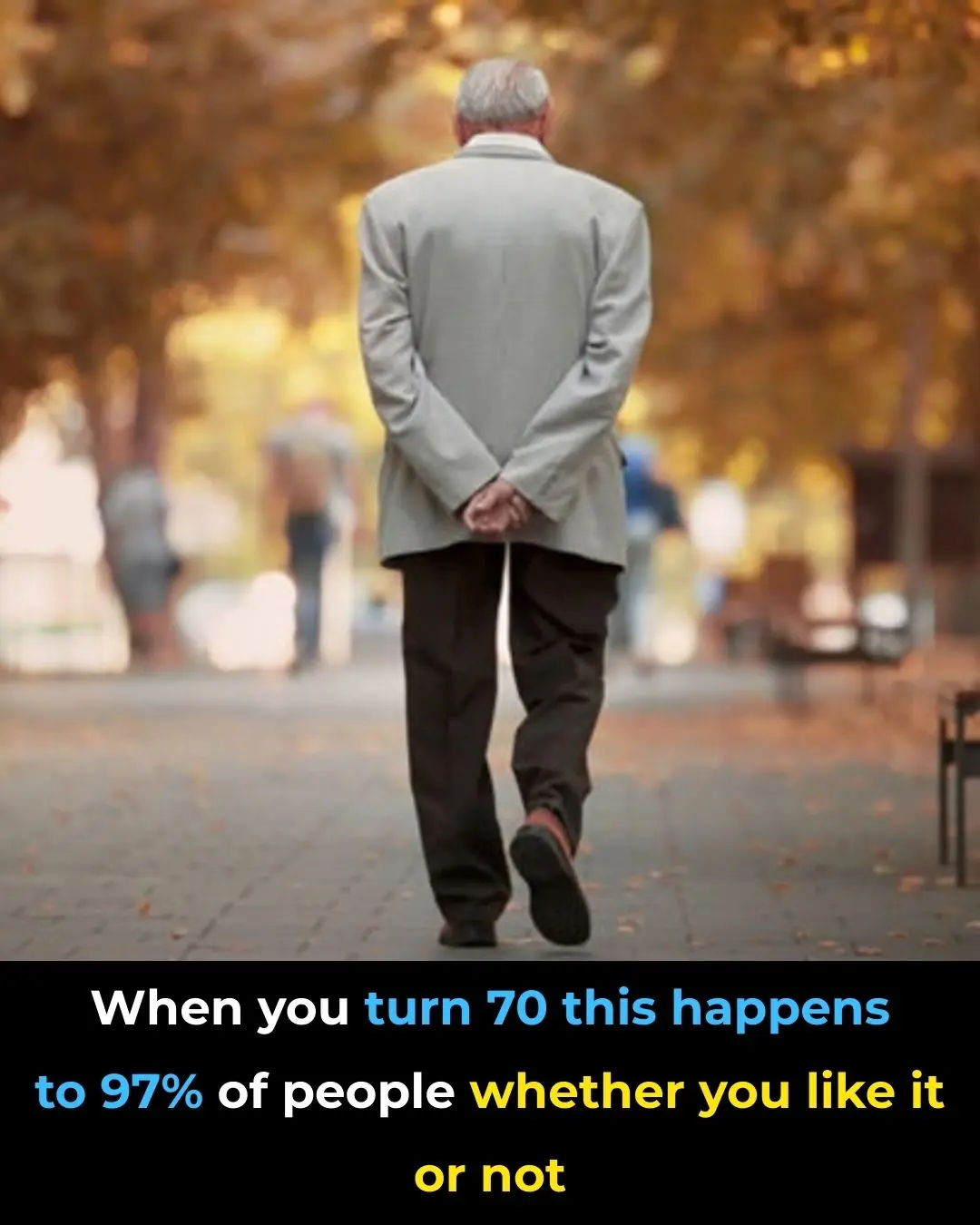
Almost Everyone Experiences This After Turning 70, Like It or Not

Did you know that if a white and yellow cat approaches you, it's because…
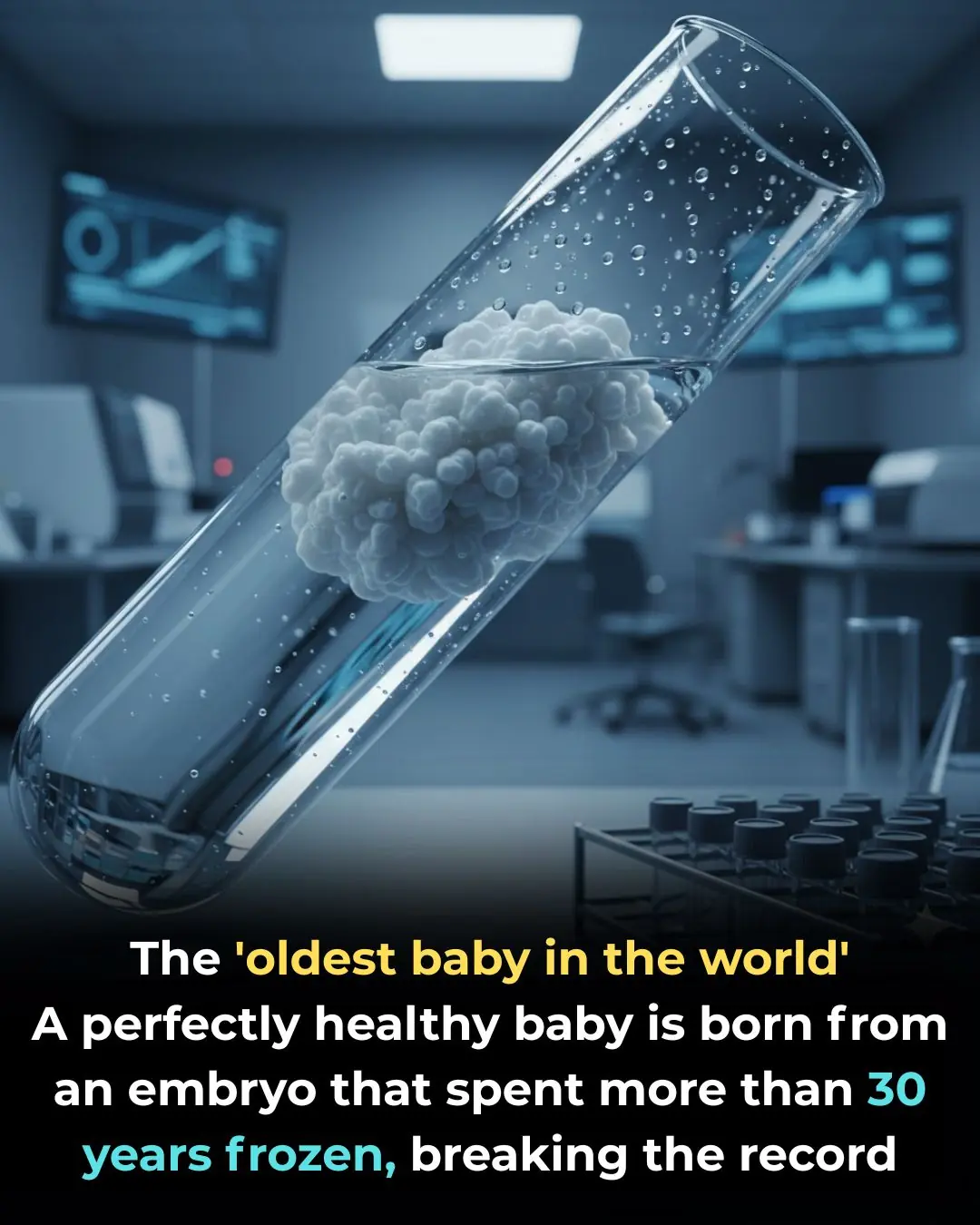
A baby is born in the United States from an embryo frozen more than 30 years ago.

12 nasty habits in old age that everyone notices, but no one dares to tell you
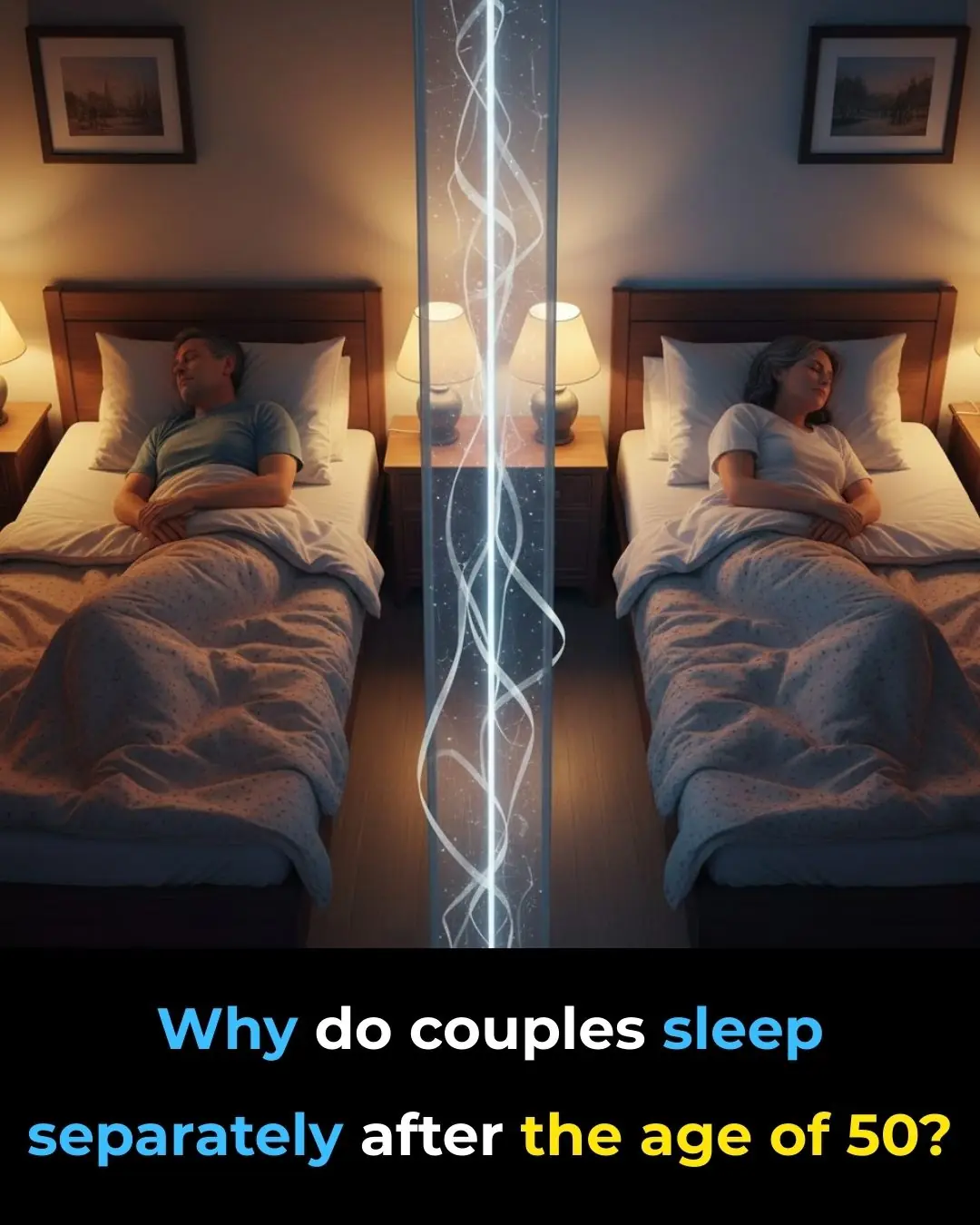
Why do couples sleep separately after age 50?
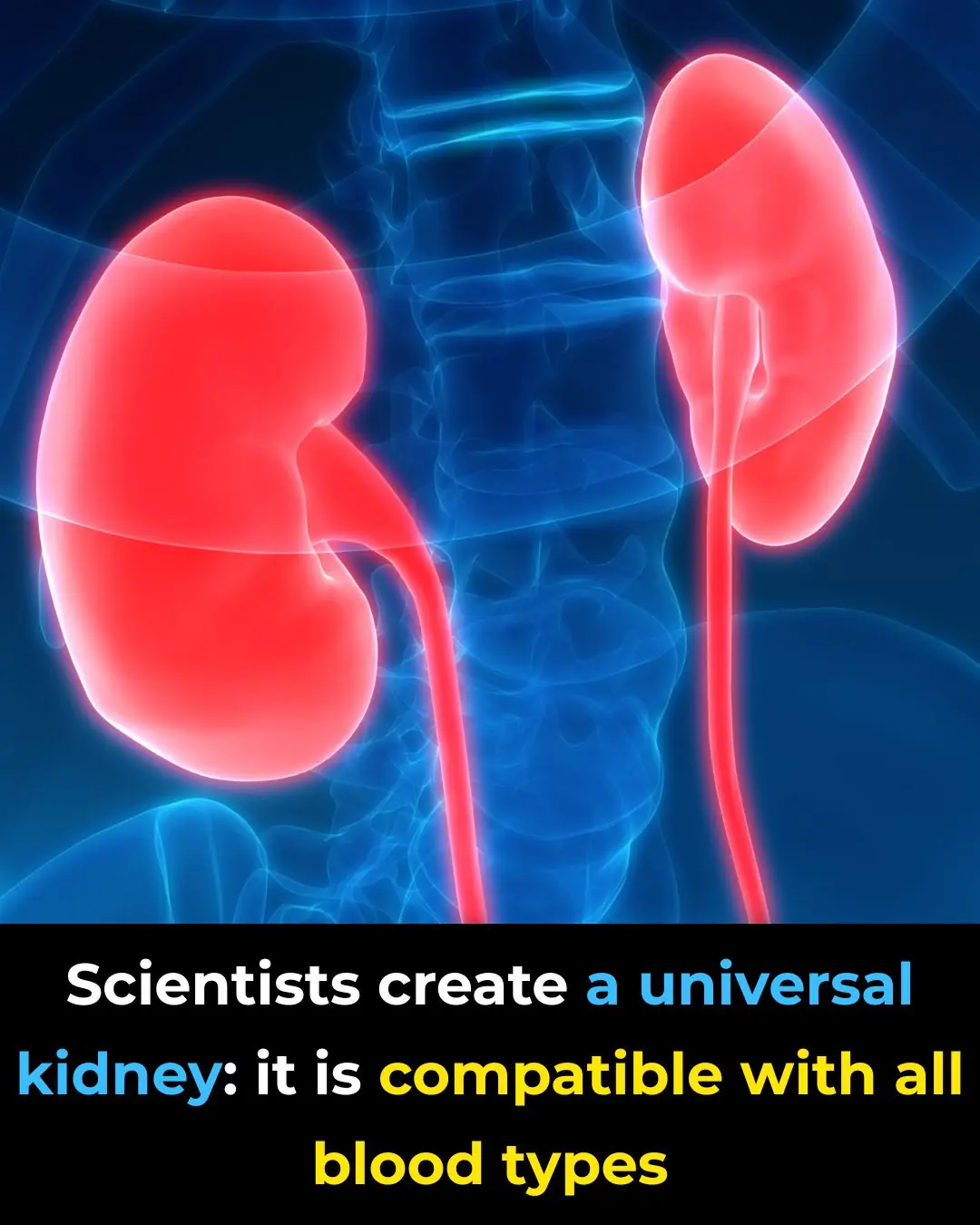
Scientists create a universal kidney: it is compatible with all blood types

When a person keeps coming back to your mind: possible emotional and psychological reasons

A promising retinal implant could restore sight to blind patients

Scientists develop nanorobots that rebuild teeth without the need for dentists

Grip Strength and Brain Health: More Than Muscle

Bioprinted Windpipe: A Milestone in Regenerative Medicine

Bagworms Inside Your Home

Scientists discover that stem cells from wisdom teeth could help in regenerative medicine
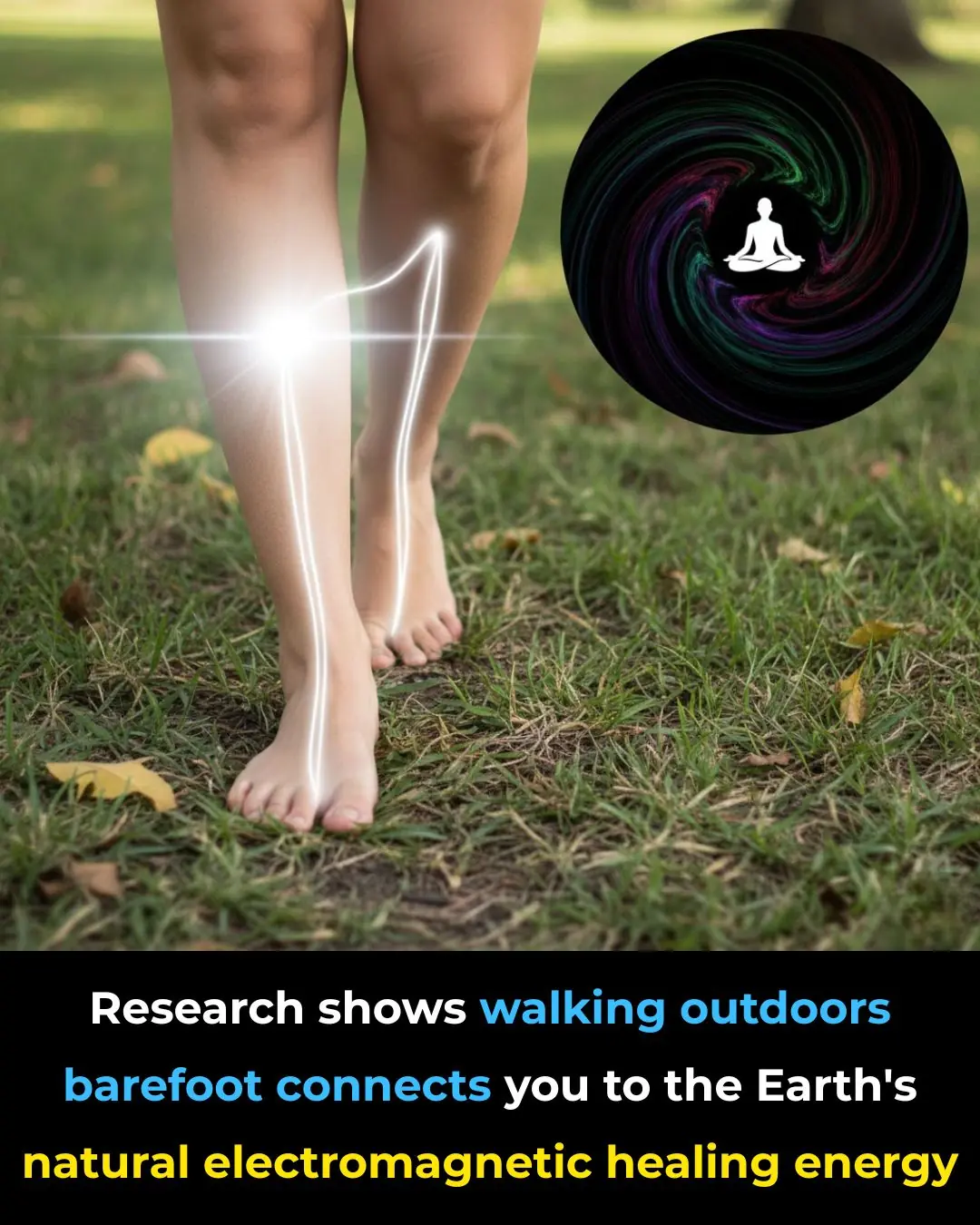
What the Research Shows
News Post

Reducing Prostate Discomfort Naturally with a Tomato and Garlic Drink

Never Throw Away the Avocado Seed Again — Here’s Why

Guava Leaves Benefits: The Underrated Natural Remedy You Shouldn’t Ignore 🍃💪

Herbal Tea for Swollen Legs: Natural Diuretic & Anti-Inflammatory Recipe, How to Use It, and Precautions

Avocado Seed Benefits: The Overlooked Natural Remedy for Joint and Back Pain

How Garlic and Lemon Can Gently Support Your Eye Comfort and Vision Wellness

Was He Really Jesus?

Pumpkin Seeds

The Overlooked Tree With Powerful Health Benefits

Discover How Incorporating Fresh Parsley into Your Daily Routine Can Support Knee Joint Comfort and Mobility Naturally

Woman reveals 3 overlooked symptoms before her stage 4 cancer diagnosis at 28

The Funeral Secret

My eyelids feel sticky and irritated when I wake up every morning. What causes this?

My feet feel hot and burning when I lie down at night, even though they’re cold to touch. What’s going on?

One Spoon a Day for Stronger Vision – A Simple Daily Habit to Support Eye Comfort

A Gentle Herbal Infusion to Support Blood Sugar, Cholesterol & Circulation Naturally

Mother’s Silent Sacrifice

Home Remedies for Varicose Veins with Onion, Garlic, and Apple Cider Vinegar

The Watch That Changed Everything
